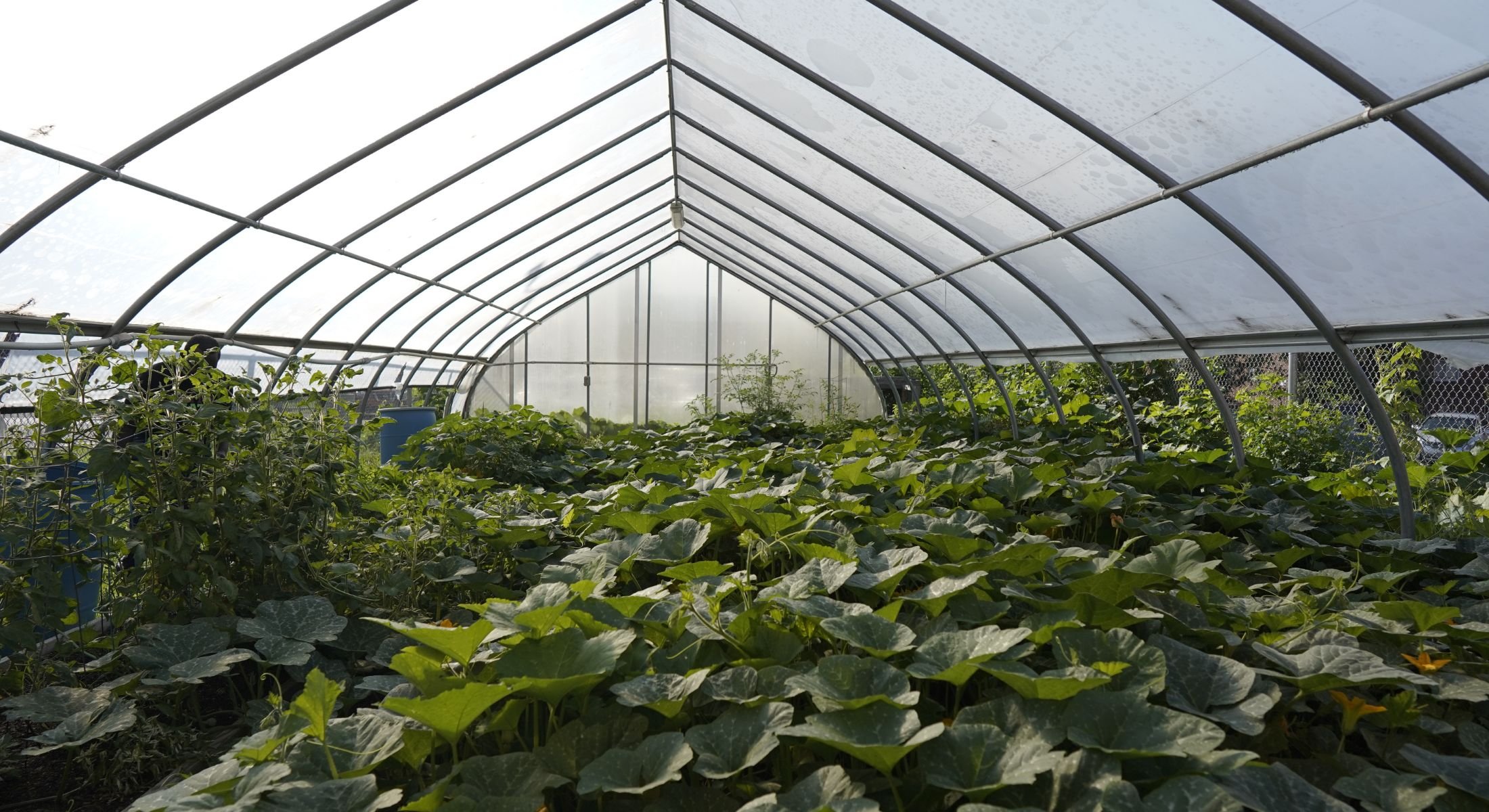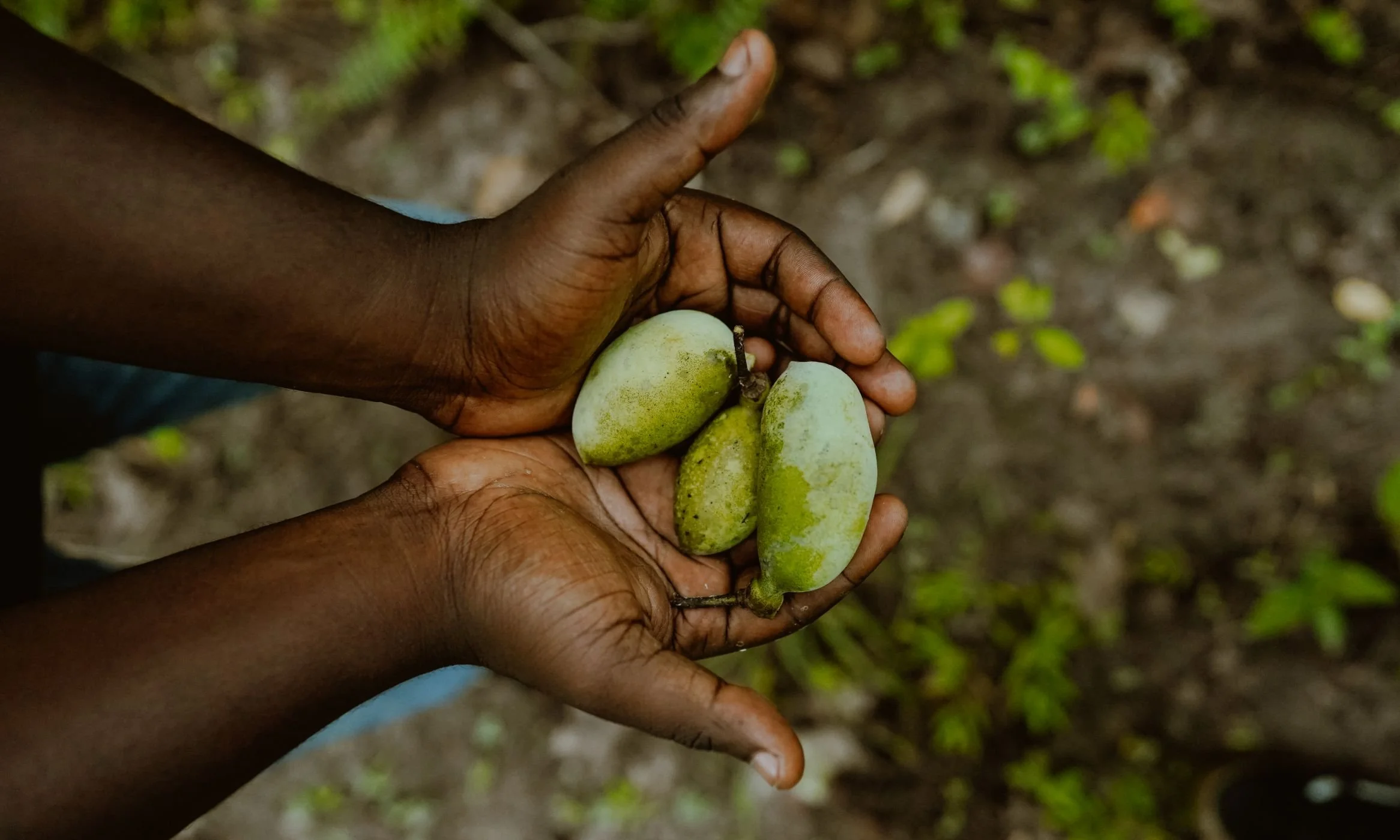
Discover Our Story
The Black Dirt Farm Collective is a collective of farmers, educators, scientists, agrarians, seed keepers, organizers, and researchers guiding a political education process.
Through our cultivation of an agrarian education (Afroecology), we ground our work on how agrarian communities’ personal, cultural and technical capacities can be activated and used as a socially and ecologically transformative organizing tool. Our collective mission is to facilitate and support socio-cultural trainings rooted in the wisdom of nature, foster intergenerational exchanges, and bridge the rural-urban generational divide. We envision our base-building work as a process of pollinating the regeneration of people, who have been historically discriminated against in their access to land and are underrepresented in land ownership, in agriculture and nature-based activities that recover our innate agrarian identities, afro-diasporic histories and magic.

Pollinating the regeneration of people.
Afroecology
Through our cultivation of Afroecology, we work to activate Black agrarian communities’ personal, cultural, and technical capacities to be used as transformative organizing tools.
During this critical decade, we fight for a “Just Transition” so that the planet can be livable for future generations. After centuries of global plunder, the profit-driven industrial economy rooted in patriarchy and white supremacy is severely undermining the life support systems of the planet. Transition is inevitable. Justice is not. Race, gender and class must be at the center of the solutions equation in order to make it a truly Just Transition. We are frontline communities most impacted by environmental and food injustices and we are building systemic solutions to divest from extractive power structures and invest in regenerative ones. The regenerative ones, for us, are birthed from an Afroecology economy.
Our History
-
During the years 2012/13/14 many of our paths crossed. A lot of our members already knew each other and were already working together on different projects in their respective areas of the region i.e. Tierra Negra, Philly, etc. Blain and Aleya brought up the missing component: there was no support network or cohesive community for Black Farmers so they put out a call for the Black Dirt Farm gathering (Cambridge- 2014.)
-
Rev. Dele, Xavier, Aleya, Blain, Myeasha, Denzel, and Tracy all met at Five Seeds Farm (2011/12) and Zachary, Joelle, Chris, Jeremiah, Mac, Tef, Sade, Gail, Xavier, Chi Chi, Damian) all met at HAFA (Healthy Food for All. The Mid-Atlantic region has historically lacked an organization of Black farmers. Hence, the culture of Black farming in this region has been affected. We began to ask ourselves what concept can hold space for and bring together Black farmers in the region.
So, we worked in brigades and were self-titled, the Black Ninjas. Black Ninjas was the grandmother of Afroecology and Black Dirt because that group and process laid the foundation for the concept and methodology development. Contributors of Afroecology were Monica White, Tracy Lloyd McCurty, Baba Ouso and others. The concept was born out of Black Ninja ideology.
Food justice emerged as a common thread of conversation during the Black Ninja workdays. The group debated working on policy or grassroots issues for the people. HAFA no longer existed so folks desired a new formation to continue the work.
Also around 2012 a Seed Keeper’s Collective including some Black Ninja members had a retreat in Mebane, North Carolina. This was an opportunity to build with North Carolina folks (Tierra Negra, Tahz, Christina and other Philly folks (Chris and Owen of Truelove Seeds). Seed-keeping influenced how we built Afroecology and Black Dirt together.
Blain, Gail & Zachary were also at this time relationship-building with the beloved Aunties on the Eastern Shore (Mt. Pleasant Acres Farm). Blain was inspired to connect with the Aunties through an information packet from Gladys Knight concert. Within two months of connecting they started planting sweet potatoes with Aunties. The Aunties’ land on the Eastern Shore would become the first gathering place for the larger group.
-
The following events created opportunities for cross-alignment for Black Ninjas and others who would become Black Dirt members and collaborators.
2012 PAWC in Alabama, 2014 Black Urban Growers Conference in Brooklyn. 2014 Multiple gatherings in MD (at Aleya’s apt in Baltimore, the Auntie’s land, Women’s weekend on the Auntie’s land, etc). Sept 2015, first Agroecology gathering on the Eastern Shore, and July 2016 the first Mid-Atlantic Agroecology Encounter on the Aunties land in collaboration with Soil Generation, CATA, EcoHernamnas, MAC, VietLead, Black Dirt, FWAF.
-
In 2016 Blain, Aleya, Kirtrina, Joelle, Randy, Shakara, and Xavier formed a Coordinating Committee to establish what would become Black Dirt Farm Collective. At an April 2017 retreat in Philly this committee birthed and charted the structured involvement of each other’s agricultural activities/work/spaces to determine how to bring the collective’s work together.
-
Connection to international organizations contributed to the creation of our internal methodology. BDFC folks did exchanges with the following organizations: Organización Boricuá de Agricultura Ecologica-Puerto Rico, La ViCaCampesa-global, inZIMSOFF- Zimbabwe Small Holder Organic Farmer’s Forum, ANAP (National Association of Small Producers)-Cuba, MST (Movement of Landless Workers)-Brazil, MAD (Movement of Dam Affected Peoples)-global
-
Black Dirt Farm Collective’s international connections lead to an International Solidarity Brigade in Puerto Rico (incl. Vieques) and St. Croix in January/ February of 2018 with Climate Justice Alliance, Organización Boricuá de Agricultura Ecologica, and Southeastern African American Farmers’ Organic Network.
-
We are an organic group . Process is important, but if something doesn’t feel right we say that out loud so we can create new processes that the group collectively feels good about. We recognize that we’re functioning in a capitalist system and are products of said system. However, we try to create as just as possible practices that honor and value our members’ time, skillset, and personhood. We operate collectively intentionally instead of hierarchically. We take our time and believe that slow and steady support longevity.



